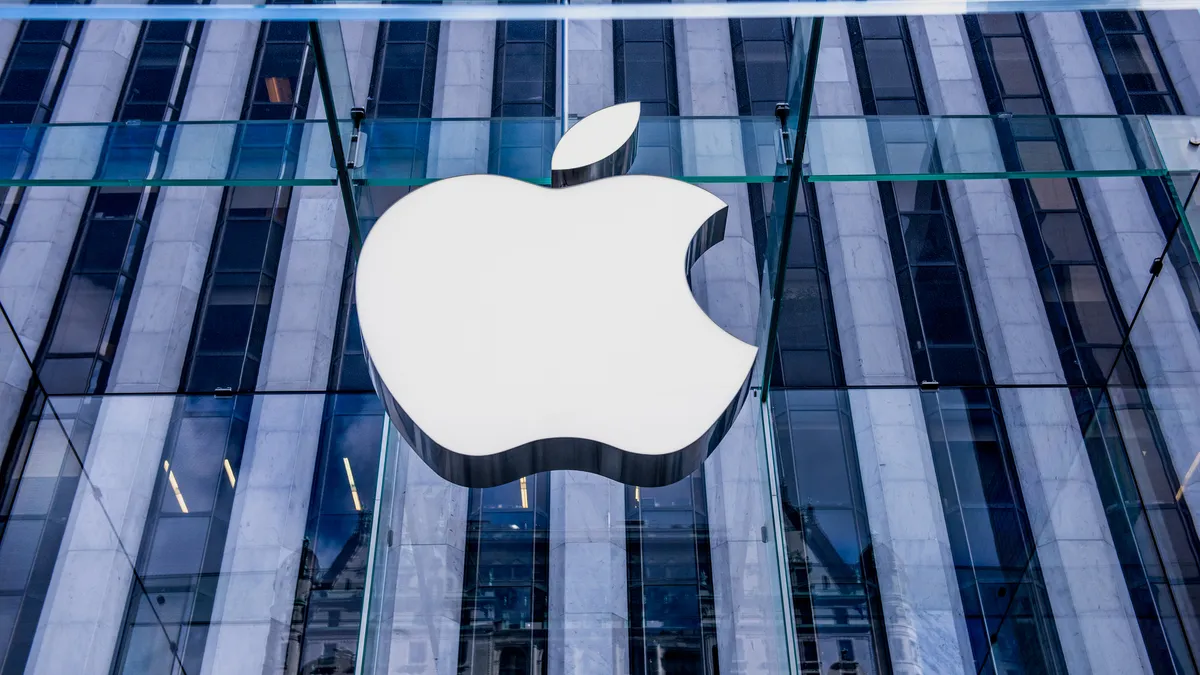Dive Brief:
- Apple has made progress in improving the performance of its supplier base, with only 1% of suppliers ranked as "low performing" in 2017, the tech company said in its 2018 supplier responsibility progress report. Meanwhile, 57% were "high performing" last year, a 12 percentage point increase from 2016.
- The company says it works closely with its suppliers to help them "run more ethical, responsible and greener businesses," citing examples such as customized development plans and regular site visits.
- Apple discovered 44 core violations in its 756 supplier facility assessment, most of them related to falsification of working hours. That's twice the number of core violations unearthed in the company's 2016 report.
Dive Insight:
Apple's initiative to work closely with its suppliers is a step in the right direction toward supply chain transparency and accountability past tier 1, and the numbers prove those partnerships are improving supplier performance — a win for Apple and the suppliers.
Like many other large, global companies, Apple has been the subject of numerous headlines about labor violations in its supplier factories, including a recent violation at a supplier factory in China. By conducting regular site visits, the tech company is able to maintain a close eye on potential labor violations among its suppliers.
Despite progress in performance and visibility, however, core violations doubled from 2016 to 2017. Most were related to falsification of working hours, an unfortunately common practice in factories in the developing world. Awareness of violations in the supply chain is one thing; fixing the violations is an additional hurdle.
Apple also recently announced it plans to buy cobalt directly from miners, eliminating the middle man in the raw material's supply chain. Competition for the mineral is heating up, as it's used for smartphone batteries and electric vehicle car batteries.
"Mining communities are especially vulnerable to human rights violations," Apple stated in its report. "In 2016, work began with Pact, a nonprofit organization that works to help mining communities in the [Democratic Republic of Congo (DRC)] to organize, and protect miners, mining communities and their children." The DRC is the world's largest producer of cobalt.
By going directly to the miners, Apple is able to create even more visibility in its value chain. In a way, it's able to eliminate tier 2 and beyond, thus altogether removing the problems with lack of transparency past tier 1.














